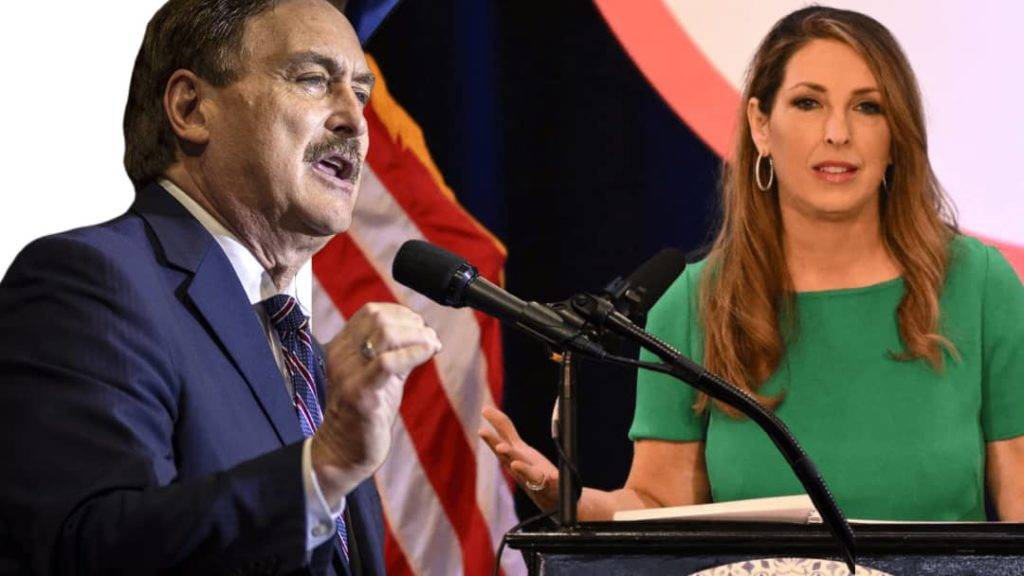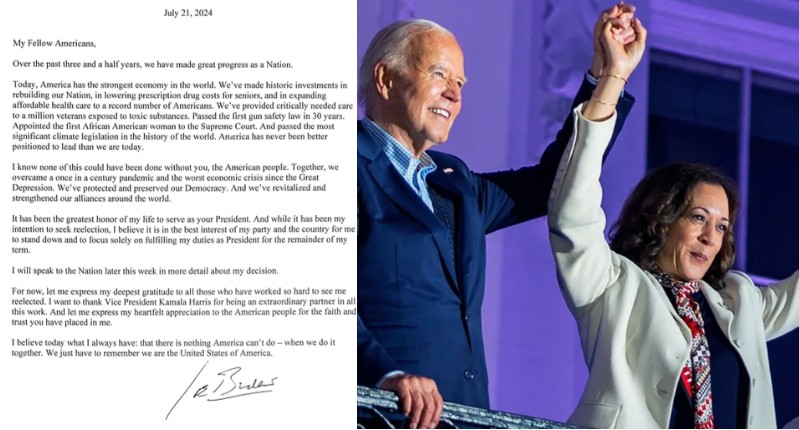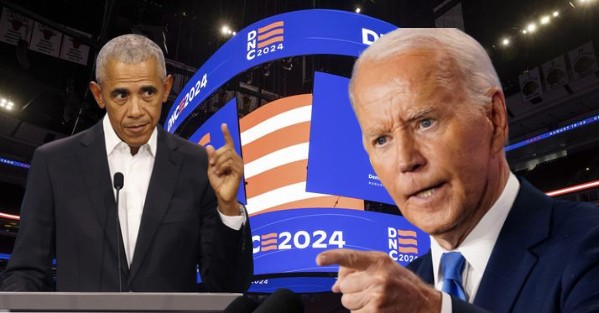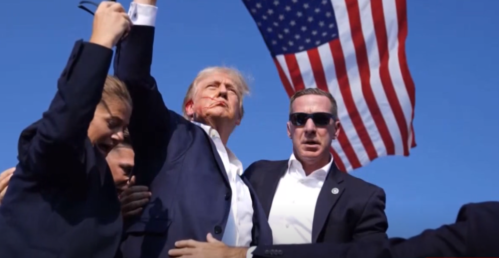A Failed Attempt at Ousting Ronna McDaniel
The MAGA (Make America Great Again) supporters have once again expressed their dissatisfaction with RNC Chair Ronna McDaniel, despite a previous unsuccessful attempt to replace her. Ronna McDaniel has held her position since the time Donald Trump assumed office as President of the United States, outlasting even Trump himself. The discontent within the party ranks has escalated, with Trump supporters blaming Ronna McDaniel McDaniel for various party failures, including financial struggles and the inability to deliver on the promised “red wave” during the last midterm elections.
Last year, an internal party vote was orchestrated by Republicans loyal to Trump, aiming to remove McDaniel from her leadership role. However, McDaniel not only weathered the storm but overwhelmingly secured her position, emphasizing a divide within the party that continues to deepen. The intricacies of this internal strife reveal a party grappling with its identity and leadership, raising questions about its ability to unite behind a common cause.
McDaniel as the Scapegoat for Party Failures
Despite her resilience in retaining the RNC Chair position, Ronna McDaniel finds herself under fire as the scapegoat for the party’s struggles. MAGA extremists, in particular, have pointed fingers at McDaniel for the party’s financial mismanagement and its failure to generate the anticipated “red wave” during the last set of midterm elections. The party’s pursuit of new lines of credit has become a point of mockery, portraying the governing body as ineffective and lacking in strategic direction.

Trump’s dissatisfaction with McDaniel adds another layer to the internal discord within the Republican Party. In a recent interview, Trump hinted at the possibility of removing McDaniel from party leadership if he secures re-election. The complex dynamics within the party extend beyond policy disagreements, encompassing personal and strategic differences that could shape the future of the GOP. The clash between Trump loyalists and more traditional Republicans continues to unfold, creating a volatile environment as the party navigates its way forward.
Allegations and Accusations: The Attempt to Discredit McDaniel
The discontent with Ronna McDaniel took a more personal turn when Trump ally Harmeet Dhillon accused her of indiscretions, including inappropriate spending of RNC funds and privately claiming she could “control” Trump. These allegations, reported by the Associated Press, further fueled the efforts to oust McDaniel over a year ago. The interplay of accusations and internal power struggles sheds light on the complexity of party dynamics, where personal relationships and loyalties play a pivotal role in shaping the political landscape.
As the Republican Party grapples with its internal challenges, the ongoing rift between Trump supporters and more traditional Republicans raises questions about the future trajectory of the GOP. The struggle for control and influence within the party continues to unfold, with Ronna McDaniel caught in the crossfire, emblematic of a party at a critical juncture in defining its identity and leadership

Republican Party Leadership Election Results
In a closely watched contest for the leadership of the Republican Party, Ronna McDaniel faced formidable opponents in Mike Lindell and Harmeet Dhillon. The vote, held to determine the party chair, concluded with McDaniel successfully securing her seat. The final tally revealed McDaniel’s victory with a decisive 111 votes, while Dhillon garnered 51 votes, and Lindell trailed behind with only 4 votes, according to Politico. McDaniel’s win reaffirms her position within the party, showcasing the support she commands among party members.
However, this victory is not without its controversies and internal strife. McDaniel’s relationship with fellow Republican figure Kari Lake has been a subject of contention. Lake, who contested the gubernatorial race in Arizona and controversially claims victory despite evidence to the contrary, has publicly expressed frustration over McDaniel’s reluctance to engage with her.
McDaniel, in turn, has pointed to Lake as emblematic of the intra-party conflict that she believes hindered the Republican Party’s success in the 2022 elections. The criticism revolves around Lake’s divisive rhetoric, particularly targeting the late Senator John McCain, a figure with whom former President Trump had a well-known feud. McDaniel argues that such infighting and public spats deterred potential voters and contributed to the party’s limited gains in 2022.

Addressing Intra-Party Strife and its Impact
Ronna McDaniel, in the aftermath of securing her position, expressed concern over the internal discord within the Republican Party. She identified Republican-on-Republican animosity as a significant factor contributing to the party’s failure to secure more seats in the 2022 elections. McDaniel specifically cited Kari Lake’s confrontational approach, pointing to instances where Lake alienated voters with harsh rhetoric directed at the late Senator McCain. This strategy, according to McDaniel, exemplifies the divisive tone that hindered the party’s appeal to a broader electorate.
Lake’s controversial rally statement, urging attendees to leave if they had voted for McCain, highlighted the deep-rooted divisions within the party. This incident becomes a focal point in McDaniel’s argument that a united front is crucial for future successes. As the Republican Party navigates its internal dynamics, the aftermath of this leadership election signals a challenging road ahead, balancing ideological differences while striving for a more cohesive and electorally appealing stance.
Table of Contents
Discover more from OGM News NG
Subscribe to get the latest posts sent to your email.














